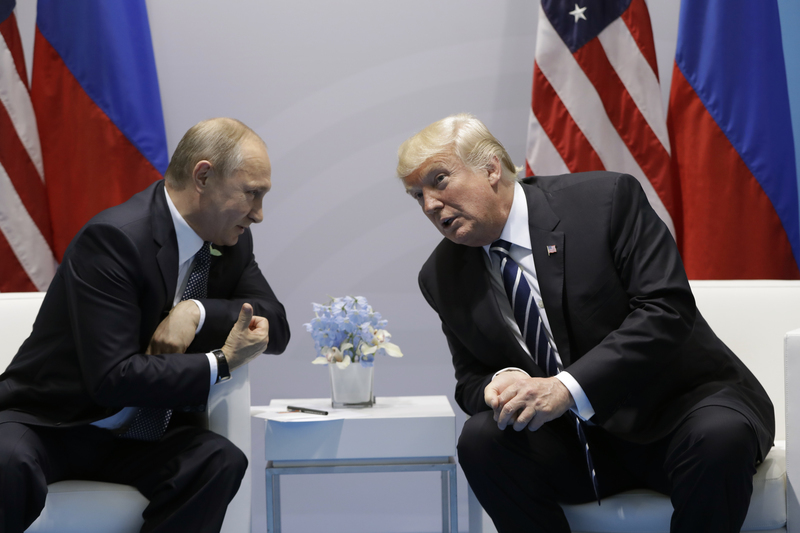
Vladimir Vladimirovich Putin was born on October 7, 1952, in Leningrad, Soviet Union (now Saint Petersburg, Russia). Before entering politics, he served as an intelligence officer in the KGB, the Soviet Union’s main security agency. His background in intelligence influenced his leadership style, often characterized by strong centralized control and strategic geopolitical maneuvers.
Putin first became President of Russia in 2000, following the resignation of Boris Yeltsin. His initial presidency was marked by efforts to stabilize the Russian economy, reassert Russia’s influence on the world stage, and consolidate power domestically. After serving two terms, he became Prime Minister but returned as President in 2012, continuing to hold the position through multiple terms.
Throughout his tenure, Putin has been a controversial figure. Supporters praise him for restoring national pride, improving the economy, and strengthening Russia’s global influence. Critics accuse him of suppressing political opposition, limiting press freedom, and engaging in aggressive foreign policies, including the annexation of Crimea in 2014 and involvement in conflicts such as Syria and Ukraine.
Putin’s leadership style combines elements of authoritarianism with strategic diplomacy. His impact on global politics remains significant, with Russia continuing to be a major player in international affairs under his rule.

You must be logged in to post a comment.